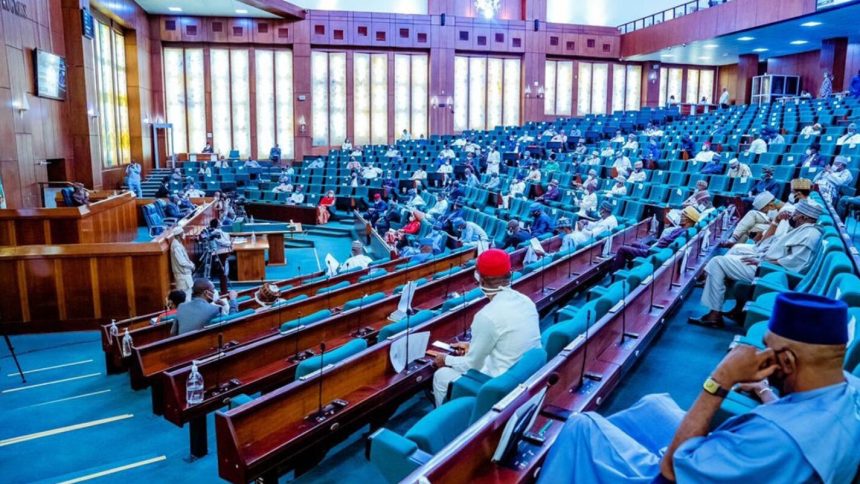Members of the House of Representatives Committee on Reformatory Institutions have called for an urgent upgrade of infrastructure across correctional centres nationwide, as part of a renewed legislative drive to align Nigeria’s custodial system with international standards.
Leading the charge, Committee Chairman Hon. Chinedu Ogah made the appeal during a courtesy visit to the Minister of Interior, Dr. Olubunmi Tunji-Ojo, in Abuja. Ogah praised ongoing reforms but stressed the need for accelerated investment to tackle chronic issues like overcrowding, poor welfare conditions, and outdated infrastructure in custodial centres.
“We are not just here on oversight. This is a deliberate mission to acknowledge the transformative efforts already underway and encourage further progress,” Ogah said, adding that the Tinubu administration’s Renewed Hope Agenda is gradually reshaping the narrative around correctional institutions in the country.

He noted that the committee’s findings across various facilities show measurable improvements, including increased support for inmate rehabilitation. The lawmaker lauded both President Bola Tinubu and Minister Tunji-Ojo for their leadership and commitment to reforming the correctional system.
In his response, the Interior Minister stated that the government’s approach to rehabilitation is guided by strategy and data, not sentiment. He emphasized that siting of new correctional facilities must be informed by population distribution and security realities, rather than political influence.
“Security and strategy go hand in hand. You don’t build custodial centres in locations that pose risks to personnel and infrastructure,” he said. Citing the Kuje Custodial Centre as a benchmark, Tunji-Ojo explained that modern medical facilities, including a functional lab and surgical suite, have already improved healthcare delivery to inmates.
He further revealed that President Tinubu had approved the recruitment of 50 doctors and 100 nurses to boost health services within correctional centres. Additionally, all National Youth Service Corps (NYSC) medical personnel are now required to serve in these facilities, enhancing capacity across the system.
The minister disclosed that thousands of inmates are now enrolled in skills acquisition programmes, reflecting a shift from punishment to rehabilitation. He also confirmed a recent presidential directive increasing the daily feeding allowance for inmates, describing it as a step toward restoring dignity and supporting true reintegration.
Touching on security, Tunji-Ojo reiterated the importance of proper facility planning and location, warning against placing correctional centres in geographically vulnerable areas. He urged lawmakers to back policies that support non-custodial sentencing and encourage federal-state collaboration on reform efforts.
He also announced that recruitment had begun across key agencies under the Interior Ministry, including the Nigeria Immigration Service, the Civil Defence Corps, the Federal Fire Service, and the Correctional Service, with online applications open to qualified Nigerians.
The committee members pledged continued legislative backing for correctional reforms and vowed to work closely with the ministry to ensure Nigeria’s custodial infrastructure meets global benchmarks.



